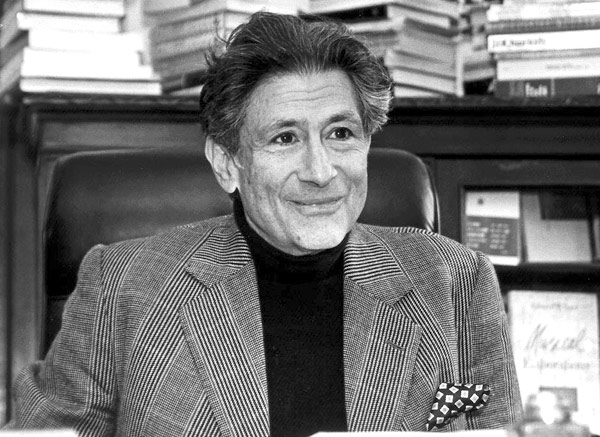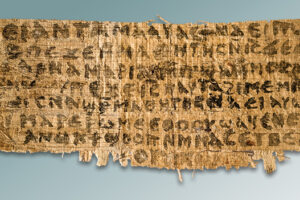Edward Said’s, Orientalism (1978), was a masterpiece for its time because in it, he was able to give frame and structure to a period of history that could be referred to now as “The Age of European Imperialism”. These 500 years birthed the west as we know it, and so it makes sense why Said’s project would focus so exclusively on this small sliver of human history. An issue, though, arises in Said’s postcolonial reading of the world; namely, that they European white Protestant Male, become forever the villain in a moral drama in which minorities (brown skinned, non-Christian/religious, females) become the forever the victim. Black is forever akin to weak, and white forever akin to strong. These binaries, if understood to be rigid and universally “true”, become unhelpful if we are trying to discover how we are to prevent the process of “othering”. In Said’s postcolonial worldview, the answer to why people are othered, inevitably boils down to, for example, “blacks are othered because that’s what white’s were born to do”. Exchange black and white with any other cultural binary that I mentioned earlier, and you’ll get what I’m driving at here. What this perspective suffers from is a narrowness of scope. If we were to, as Bruce Robbins says in his essay “Moralizing in Deep Time”, move our perspective farther out of history, to see the whole of human existence, we would find that oppression and domination are not tendencies reserved exclusively for white European protestant males.
If you go back far enough in history, or shift the lens of your global gaze away from the West, you do not find utopia; you find the same types of othering and injustice that Said points out in the colonial methodologies of the Europeans. And so, the examination of the self/other binary must rise above the postcolonial, for it is bigger, and more complex than white/black. This is where Ruben Gallo’s idea of open and closed symbols becomes helpful. Gallo posits that closed symbols are symbols in which the significance is decided before hand, by immutable law. The open symbol, on the other hand, lacks any predetermined significance; “anyone can give it any meaning they want to.” I would argue that that the problem of Orientalism is that it presents the ideas of the self and the other as two closed symbols. In other words, from the postcolonial worldview, the European is forever the “self” and the black forever the “other”. This is problematic because it would seem to me that the exact opposite is true; the ideas of self and other are actually open symbols that are filled, so to speak, with whatever kind of meaning someone wants. This is illustrated when comparing Nazi Germany with Soviet Russia with the Armenian genocide with Rwanda.
In all these situations, the self was an open symbol, which a group poured a certain meaning into; the same applies with the symbol of the other in each situation. The question, for me, then, is that if this propensity towards othering is a human trait, how do we eliminate it? For even if I make it my goal not to “other”, my symbols become me as the self and those who continue to “other” as my other, perpetuating the cycle. I think that ultimately this seems to hint at a kind of futility of eradicating injustice entirely; inevitably, it is a fundamental part of who we are; we are bent towards oppression and when given the chance we are most likely going to take it. In this light, injustice becomes not a white problem, or a Christian problem, a male problem or a straight problem; it becomes a you problem; or better yet, an us problem. Perhaps the elimination of othering as a practice needs to become with an examination of the oppressive tendencies that reside within each of us, before we try to address the oppressive behaviors of others. Perhaps then, we can start to make some sort of progress forward as a species.





Leave a Reply
Your email is safe with us.